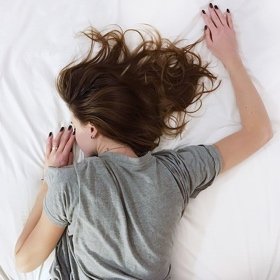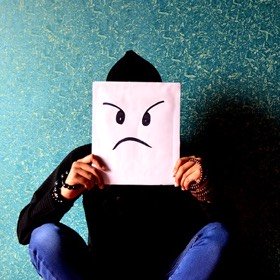
The Machinery Is Always Going, Even When You’re Asleep’ (Andy, Warhol).
We spend approximately one third of our life asleep. Sleep is essential for our health, just as much as eating, drinking and breathing. It is well known that diet and exercise are key factors for a healthy lifestyle.
Both of which are emphasised in the health care setting as essential for prevention of long term health conditions. You may recall your doctor or heath care professional asking you about activity levels or diet, but probably not sleep.
Why are we talking about sleep in relation to Physiotherapy? Sleep protects our immune system, by repair and restoration of both the brain and the body.
A lack of sleep over a period of time leads to poor concentration, fatigue, sleepiness, lapses in memory and irritability. Poor sleep is also associated with mental health problems such as anxiety and depression. Ultimately, these effects are highly likely to impact on your overall quality of life.
If you are recovering from an injury, there are two main side effects of poor sleep that are going to impact on your recovery, the interference with tissue repair and the effects of altered mood.
Let’s talk a little more about mood. 80% of people who responded to the national sleep study in 2010 said that they experienced  low mood when having poor sleep. If you are not feeling your ‘best self’, a couple of things are likely to impact on your recovery. Your experience of pain will be distorted. There is an abundance of literature to support that mood and pain are interlinked by complex physiology, so I’ll barely scratch the surface with a short and simple analogy:
low mood when having poor sleep. If you are not feeling your ‘best self’, a couple of things are likely to impact on your recovery. Your experience of pain will be distorted. There is an abundance of literature to support that mood and pain are interlinked by complex physiology, so I’ll barely scratch the surface with a short and simple analogy:
You’re on the way to a wedding, you’re excited for the day and whist leaving the house you stub your toe. It hurts, but maybe not as much as if you stubbed your toe on the way to pick up your car from an MOT. Every person’s experience of pain is completely unique. Understanding what your pain means and why, can be a very useful skill when recovering from injury. This is something your Physiotherapist can spend time exploring with you.
95% of respondents to the national sleep study also said that their poor sleep resulted in low energy levels. This has implications for mental health especially if a person is unable to engage or partake in regular exercise, which in itself is an effective way to manage stress, anxiety and depression. You may also not be feeling motivated, which may impact on your ability to comply with a rehabilitation program.
There may be just a few simple changes you need to make in order to improve your sleep cycle. If you are interested in learning more, the following article provides a more comprehensive explanation of the impact of sleep on health and wellbeing. Within, there is also some helpful advice on what you can do to improve your sleep and what treatments are recommended if you continue to have problems.
https://www.mentalhealth.org.uk/publications/sleep-report
Lack of sleep can also cause hair loss. Visit Hair Loss Revolution for more information.



